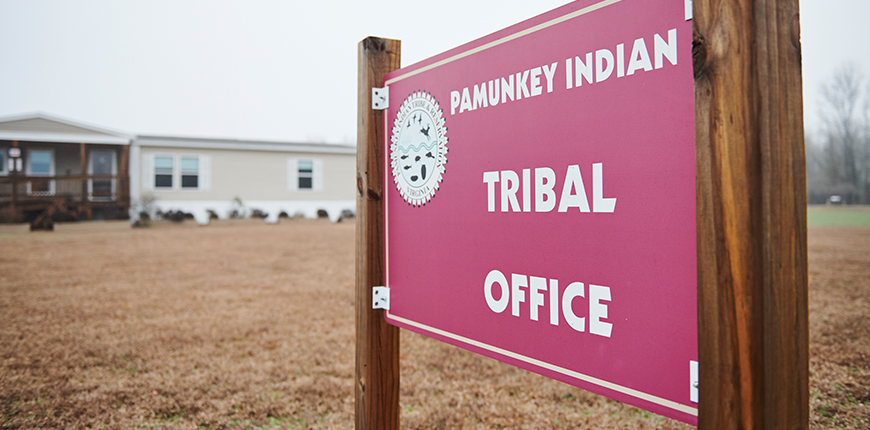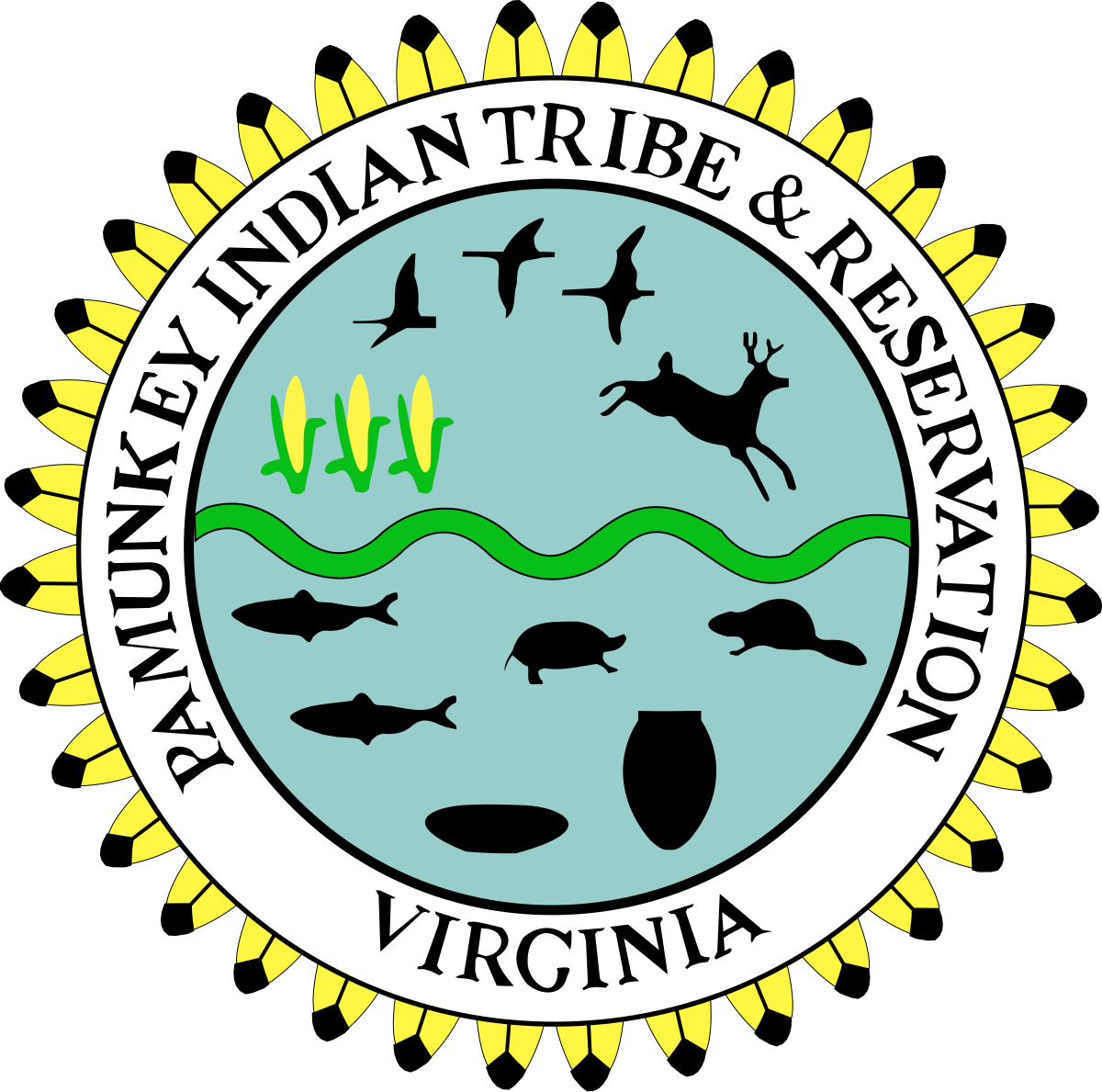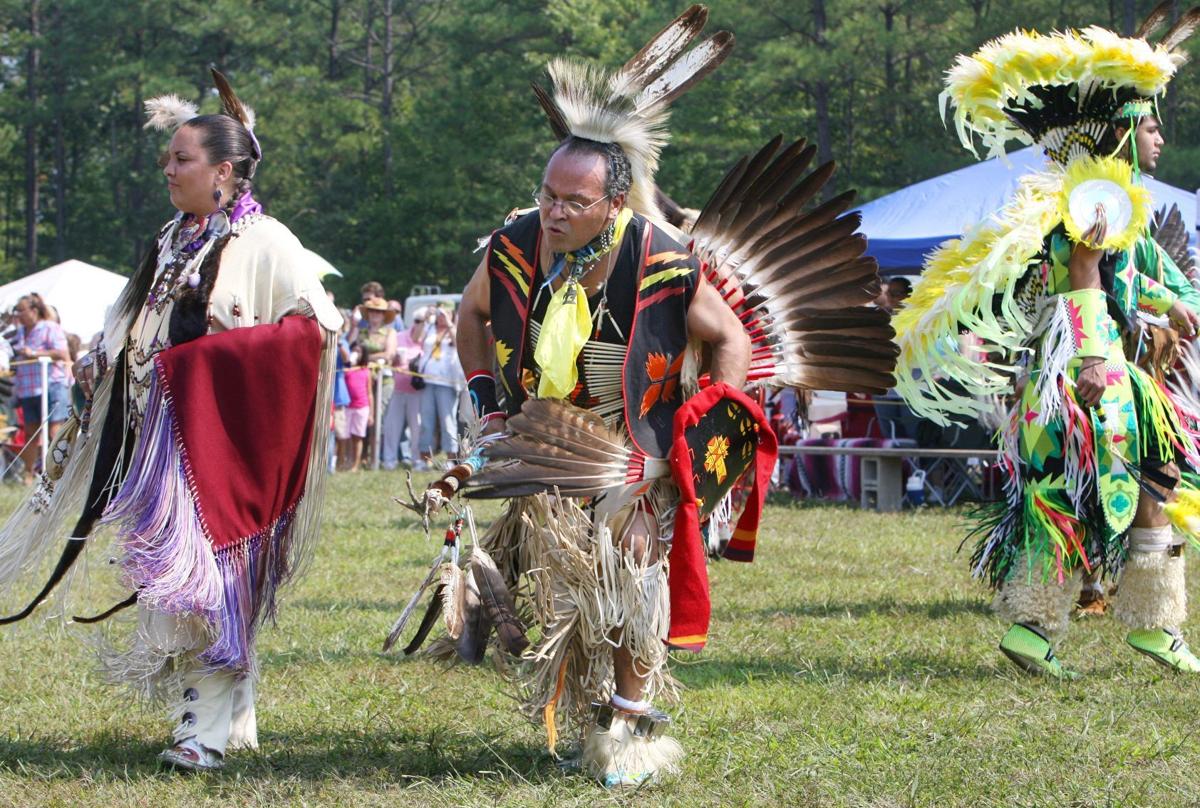
Echoes of a Sovereign Past: The Pamunkey Tribe’s Enduring Journey
In the quiet embrace of Virginia’s Tidewater region, where the Pamunkey River winds its way to the Chesapeake Bay, lies a community whose story is as old as the American narrative itself, yet whose modern chapter is still being written. The Pamunkey Indian Tribe, one of the indigenous peoples of the Powhatan Confederacy, stands as a testament to resilience, sovereignty, and the enduring power of cultural identity. After centuries of navigating colonial pressures, state-sponsored discrimination, and the slow grind of federal bureaucracy, the Pamunkey achieved federal recognition in 2015, a landmark moment that reasserted their rightful place on the national stage and empowered their unique tribal government to forge a new future.
For more than 400 years, the Pamunkey have maintained continuous occupancy on their ancestral lands in King William County, a claim few other tribes in the United States can make. This unbroken connection to their territory is not just a geographical fact but the very bedrock of their governance and identity. "We were always here," asserts Chief Robert Gray, a sentiment echoed by generations. "Sovereign in our own right, even when others refused to acknowledge it."

A Deep Tapestry of History and Resilience
The Pamunkey’s story begins long before the arrival of Europeans. They were a dominant force within the Powhatan Confederacy, a powerful alliance of Algonquian-speaking tribes led by Chief Wahunsenacawh, famously known as Chief Powhatan, the father of Pocahontas. Their sophisticated political structure, intricate trade networks, and deep understanding of the land sustained them for millennia. When English colonists established Jamestown in 1607, it was the Pamunkey, among other Powhatan tribes, who first encountered them, leading to a complex relationship marked by periods of cooperation, conflict, and ultimately, displacement.
The Treaty of Middle Plantation in 1677, signed after Bacon’s Rebellion, is a pivotal document in Pamunkey history. It formally recognized the Pamunkey and several other tribes as subjects of the English Crown, yet also affirmed their rights to their reserved lands. The Pamunkey reservation, established by this treaty, is one of the oldest in the United States, a living testament to their unbroken presence.
However, the centuries that followed were far from easy. As Virginia grew, the Pamunkey faced increasing pressure on their lands and culture. Perhaps one of the most insidious threats came in the 20th century with Virginia’s "Racial Integrity Act of 1924," spearheaded by Walter Plecker, the state’s Registrar of Vital Statistics. This discriminatory law sought to categorize all Virginians as either "white" or "colored," effectively erasing the legal existence of Native Americans by reclassifying them based on a flawed and racist understanding of ancestry. This "paper genocide" forced many Pamunkey and other Virginia Indians into a cruel dilemma: either deny their heritage to gain access to basic services and education or cling to their identity and face severe discrimination. Despite these pressures, the Pamunkey held firm, maintaining their community and traditions in relative isolation.
"Our ancestors faced unimaginable challenges," explains Ashley Atkins Spivey, a Pamunkey scholar and tribal member. "They kept our culture alive through sheer will and determination, often in secret. That legacy of resilience is what fuels us today."
The Modern Tribal Government: A Blend of Tradition and Innovation
The Pamunkey tribal government is a fascinating synthesis of ancient customs and modern administrative practices. At its heart is the Chief and the Tribal Council, elected positions that carry both ceremonial and executive responsibilities. Historically, the Pamunkey have had both male and female chiefs, reflecting their egalitarian traditions, though in recent centuries the role has predominantly been held by men. The Chief serves as the primary spokesperson and spiritual leader, while the Council, typically composed of seven members, handles day-to-day governance, budget management, and policy decisions.
"Our government operates with a deep respect for our past," says a Council member, who prefers to remain unnamed to speak about internal processes. "Decisions are often made through consensus, after extensive discussion and consideration of how they will impact the next seven generations, not just the next fiscal year."

With federal recognition in 2015, granted through the Bureau of Indian Affairs’ rigorous administrative process, the Pamunkey gained access to federal funding, programs, and, crucially, the inherent right to self-governance as a sovereign nation. This status allows them to enter into government-to-government relationships with the United States and the Commonwealth of Virginia, manage their own affairs, establish their own laws, and oversee economic development initiatives that directly benefit their community.
The newfound resources and sovereignty have enabled the tribe to bolster critical services for its members, including healthcare, housing, education, and cultural preservation programs. They are now empowered to apply for grants, build infrastructure, and address long-standing needs that were previously out of reach.
Economic Sovereignty: The Pamunkey Indian Gaming Resort
A cornerstone of the Pamunkey’s vision for economic self-sufficiency is the development of the Pamunkey Indian Gaming Resort in Norfolk. After years of planning and overcoming legal hurdles, the tribe broke ground on the ambitious project. For many, the idea of a casino might seem at odds with traditional Native American values, but for the Pamunkey, it represents a vital pathway to economic independence and the ability to fund essential tribal services without relying solely on federal appropriations.
"This isn’t just about gambling; it’s about providing for our people," Chief Gray emphasized during the groundbreaking ceremony. "It’s about creating jobs, generating revenue for our schools, our elders, our healthcare, and ensuring a prosperous future for our children. It’s about self-determination."
The casino project, expected to generate hundreds of jobs and significant tax revenue for the region, is designed to be a multi-faceted resort, including hotels, restaurants, and entertainment venues, positioning the tribe as a significant economic player in southeastern Virginia. The revenue generated will directly fund tribal government operations, cultural revitalization efforts, and social programs, allowing the Pamunkey to break cycles of poverty and underdevelopment that have historically plagued many tribal communities.
Guardians of Culture and the Environment
Beyond governance and economics, the Pamunkey tribal government places immense importance on cultural preservation. The tribe is renowned for its distinctive blackware pottery, a tradition passed down through generations. Made from local clay and fired in open pits, the pottery is not merely an art form but a tangible link to their ancestors and a testament to their enduring connection to the land. The Pamunkey Indian Museum and Cultural Center on the reservation serves as a repository of their history, a vibrant educational resource, and a place for tribal members to practice traditional crafts and storytelling.
Efforts are also underway to revitalize the ancestral Algonquian language, a challenging but crucial endeavor to ensure that the unique linguistic heritage of the Pamunkey is not lost. Youth programs focus on teaching traditional skills, history, and cultural values, ensuring that the next generation carries forward the torch of their heritage.
The Pamunkey River itself remains the lifeblood of the community. Fishing and crabbing are not just economic activities but deeply ingrained cultural practices. However, the tribe faces significant environmental challenges, particularly from climate change. As a low-lying reservation, the Pamunkey lands are increasingly vulnerable to rising sea levels and more intense storm surges, threatening ancestral burial grounds, homes, and vital ecosystems. The tribal government is actively engaged in environmental stewardship and advocating for policies that address these existential threats.
Looking Forward: A Future Forged by Sovereignty
The Pamunkey Indian Tribe’s journey from colonial encounters to modern federal recognition is a powerful narrative of survival and self-determination. Their tribal government, a living entity shaped by centuries of tradition and adapted for contemporary challenges, stands as a beacon of their enduring identity.
As they navigate the complexities of economic development, cultural preservation, and environmental threats, the Pamunkey remain committed to their core values: community, respect for the land, and the continuation of their unique heritage. Their story serves as a vital reminder that America’s history is incomplete without acknowledging the enduring presence and sovereignty of its First Peoples. The Pamunkey, with their deep roots and forward-looking vision, are not just surviving; they are thriving, building a future on the foundation of their sovereign past.


